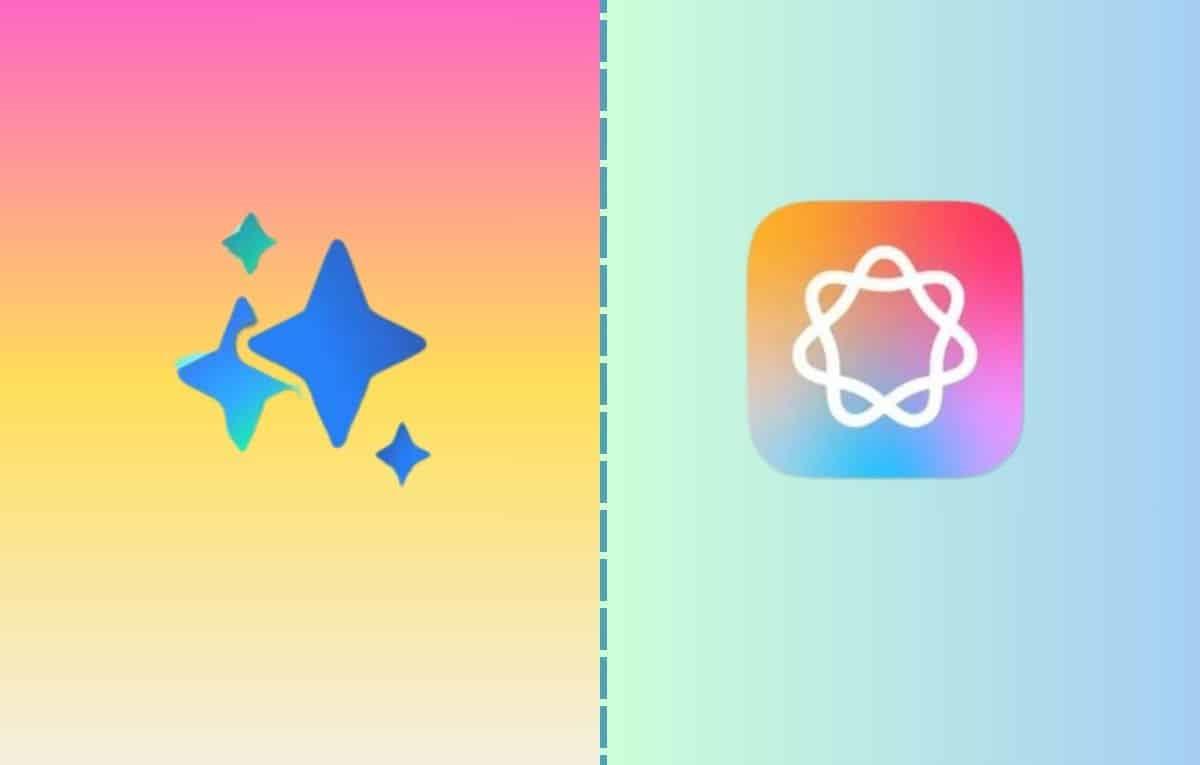
Apple sought to pitch the latest generation of iPhones as machines built around artificial intelligence as its biggest product event of the year, as the tech giant seeks a dominant position in the aggressive race around the technology.
The company claimed iPhone 16, the smartphone’s new model, had been designed “from the ground up” for its “Apple Intelligence” range of AI features, which include the ability to generate and edit text to fit certain tones, as well as use the device’s camera to recognize real-world objects.
The event – held at Apple’s headquarters in Cupertino, California – featured the tagline “It’s glowtime”, with the company’s logo surrounded by a colorful aura. Through a series of high-production videos, the company’s executives advertised a range of new hardware, and tried to highlight the ways Apple was integrating AI into its products.
“We are thrilled to introduce the first iPhones designed from the ground up for Apple Intelligence, and its breakthrough capabilities,” Apple’s CEO, Tim Cook, said in a prerecorded video during the event.
The company’s “Apple Intelligence” system will allow iPhones to perform a range of tasks that include photo editing, using the camera to identify objects in the real world and generating text. During a segment promoting Apple Intelligence, the company promised an ability to create custom emojis based solely on prompts like “cowboy frog”.
The AI features will also allow users to search through photos, emails and texts through typing in descriptions or giving audio commands to the Siri voice assistant.
The company will provide its AI integrations for US English language users as a free software update next month.
Apple’s shares fell slightly, around 1%, following the event.
The new iPhone 16 also promised a “bold new palette” of colors and a more resilient display screen. It introduces an “action button” to the phone that can perform customizable activities, as well as a new A18 chip intended to provide better performance.
Apple also rolled out a new version of its AirPod headphones during the event, and a new design for the Apple Watch that included a larger screen and faster charging, as well as health app features, like sleep monitoring. The AirPods Pro 2 will also now have the ability to function as a hearing aid for people with mild to moderate hearing loss.
Apple’s fall product launch has become one of the company’s most important annual events as it typically showcases a series of new devices and sets the tone for the holiday shopping season, Apple’s busiest and most profitable period. These new products are routinely the cause of immense speculation inside the tech industry and among the company’s fans.
In the lead-up to the event, reports around Apple switching from LCD to OLED screens, and rumors of a dedicated photo button circulated widely. Early coverage of the event also predicted that the tech giant would expand on its AI “Apple Intelligence” features.
Earlier this year at Apple’s Worldwide Developers Conference (WWDC), the company announced a range of ways that it intended to integrate AI features into its products and services. One of the biggest reveals was a partnership with OpenAI to merge ChatGPT technology with Apple’s Siri voice assistant, with executives promising a more “natural” mode of interaction.
Apple’s announcements at its WWDC event and promises to include more artificial intelligence were a pivot for the company after it held off longer than competitors such as Microsoft in debuting consumer-facing AI tools. The company’s hesitancy to roll out new generative AI features had previously been a source of frustration for investors and analysts awaiting the company’s release of its own take on the technology.
Apple’s share price has risen considerably this year as market enthusiasm for generative AI and revenue growth has buoyed big tech stocks. The company has struggled with a global downturn in smartphone sales in recent years, however, as well as the rise of rivals such as Huawei in key markets, particularly China. Huawei is expected to release its own line of new products within hours of Apple’s event.
Also looming in the background is the Department of Justice’s sprawling antitrust lawsuit against Apple, which alleges that the company built and maintained an illegal monopoly over the smartphone market. Apple has rejected the allegations in the case, which could take years to be decided.












